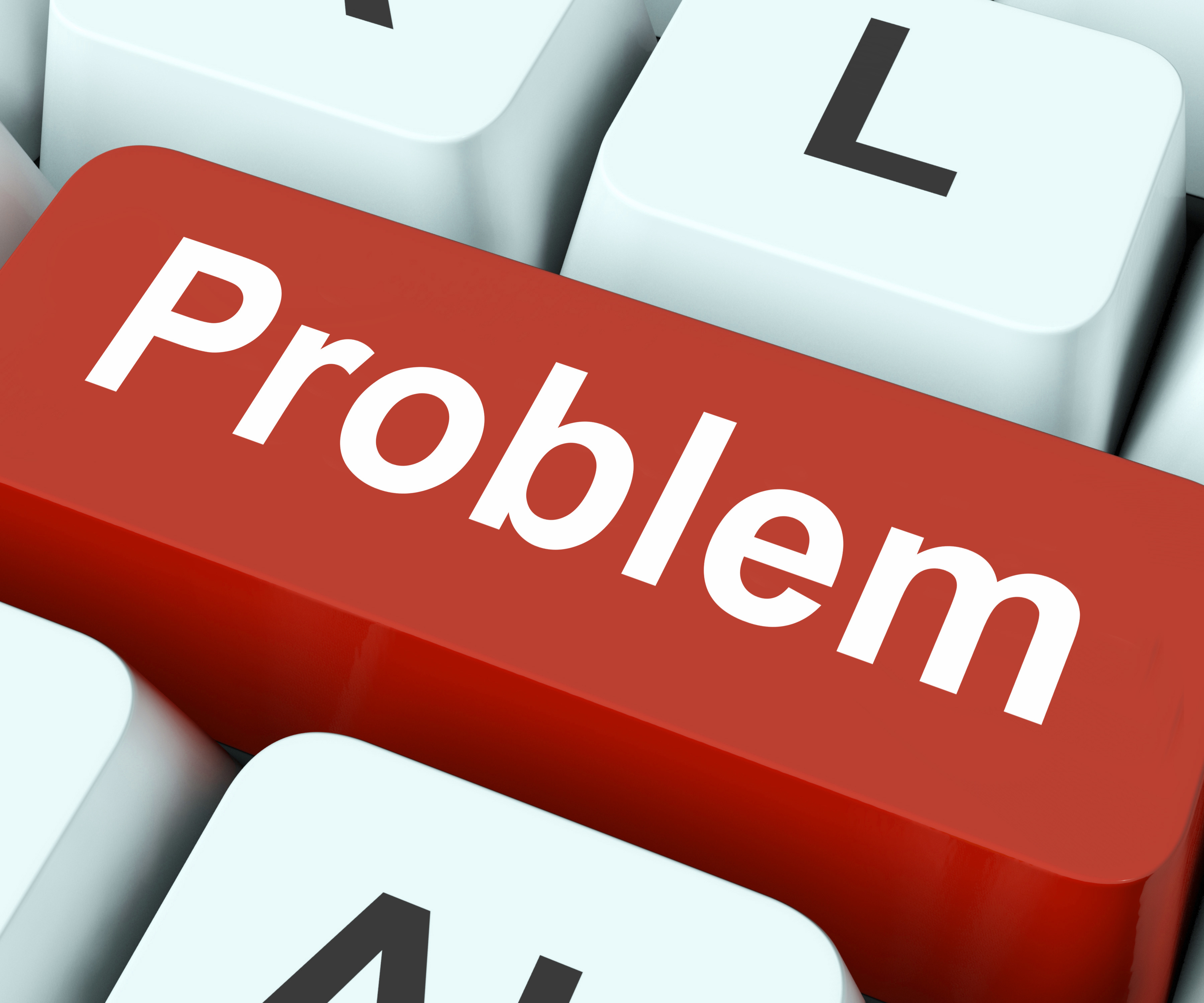Managing people who are disorganized is one of the most important traits of an effective leader.
If you don’t organise these people, their productivity will decrease and as a result.
The organization’s goals won’t be achieved.
WHAT’S IN IT
How to manage people who are disorganized?

When people cannot organize themselves, you as their leader have to take responsibility to
organise disorganised people. In this article 8 tips and 3 principles of organising are shared. After
reading this you will know exactly how people management is done.
Ways of managing people who are disorganized.
Be organised yourself first
Before you try to organise others, be it your employees, kids or friends, first, you should keep
yourself organised. If you yourself are not organised, then others will not take your words
seriously. So make sure all your information, files, documents, and other stuff are well
organised.
If you are organised then you can even share your scheduling and time management skills with
your colleagues and subordinates. You can explain to them how you keep things organised. Show
them your well-organised office and desk.
It will make them motivated to become organised themselves. Managing yourself is one of the
prerequisites of managing people.
Make sure they know what is expected from them and why.
Sometimes your employees know what they are supposed to do, but they don’t realise the
importance and benefits of doing it.
Managing people involves making sure that your employees know what they are supposed to do
and why doing the work in an organised manner will help them as well as the company.
Amplify all importance of becoming organised and how it will make them become highly
efficient in everything they do. Knowing the purpose behind doing something keeps the
employees motivated to do it.
Be empathetic
You need to keep a check on your employees’ behaviour. Have they become disorganised
recently? Or they were like this from the first day? Always try to find the root cause of such
behaviour.
Instead of becoming angry you should talk to the employee and find out what’s stopping them
from becoming organised. If that person is going through something serious, try to be empathetic
and make him/her feel heard. If possible, give them a break so they can recover from it.
Break down the assignments into small parts
Most people have a problem with breaking the assignments into small parts. As a result, they are
not able to focus on one particular task at a time. So what you can do is, help them break the
tasks down into small parts and help them prioritize the tasks.
By breaking these assignments they will be able to fully focus on one task. And when they will
complete the task they will also get motivated. You can break them on the basis of time or on the
basis of the number of tasks. Break the assignments just like a book is divided into small chapters.
Reflect on the size of the problem

Another great way of managing people who are disorganised is to make them realise the size of
the problem that will be created if they don’t organise their work well. For example, one of your
employees’ is always late for meeting the prospective client.
Here you can show him/her how being late for a meeting can make the prospect feel
undervalued. And as a result, the client might not purchase or service that you are offering.
So just amplifying the consequences of losing a prospect will make them realise the importance
of being organised.
Guide them in effectively scheduling their time
Time management is a skill all of your employees should learn. Guide them on how to
effectively schedule for proper utilization of time. If they can’t utilise their time properly then
they would not be able to be productive.
Effective scheduling of your time is an art that everyone who wants to become successful should
master. By effective scheduling of your day, you can achieve a high level of stress-free productivity.
The employees should be able to prepare in advance what they are supposed to do, schedule their
day, start early and should also know how to schedule contingency time. Keeping all the stuff in
a fixed place will help them save a lot of time. And as a result, they will become more organised.
Have regular one-to-one checks
To understand how well the employees are organised and performing, a one-to-one meeting is
a way to do it. At the time of the meeting, be a good listener and focus 100% on what your
employee is speaking.
Always start positive, you can say something like, “It seems you have worked very hard….”
Starting positively will make them feel comfortable when talking with you. If there is a problem,
help them solve their problem instead of scolding them.
If there are still some situations that can be improved, just show them the way to improve them.
Lastly, don’t forget to show them gratitude for how important they are to you and the company.
Managing people becomes effective when it involves one-to-one checks.
Offer incentives for being organized

Some people are motivated by rewards. So start rewarding people for being organised. Except
for a monetary reward, the rewards can as simple as praising that person in front of all the other
employees. You can also give that person a certificate for “most organised employee” for it.
By giving rewards you make it a fun and challenging activity for your employees to become
the most organised person in the company. They will try their hardest to become the best. One of
the most important aspects of managing people is to know when and how to reward them.
The 3 Principles of Organizing
Consolidate
Just think for a moment, do you use everything that is on your table every day? Is your drawer
filler with items you don’t even use anymore?
We all tend to have a habit of keeping every little thing reserved thinking that we might need it
someday. But the reality is even after years we haven’t touched that item.
So the first thing you need to do is, remove all the items that you don’t need any more and only
keep the stuff that is useful for you.
Just ask yourself “Do I really need this item to perform my actions effectively?” if the answer is
no, then my friend it’s time to get rid of that item.
Categorize
The next principle is “categorize”. Now that you have got rid of the items you don’t need, begin
categorizing them on the basis of their similarity in topics, functions, value or information.
Categorizing will help in reducing your stress and hence making you more focused on doing the
tasks, by simply saving a lot of time. Always create categories that you can easily remember and
easily relate to.
Create a “Home”

After categorising the items you have to give them a home. In other words, allot a specific place
for every item. Allot homes on the basis of how frequently you need to use the items. And it
should be easy for you to reach it.
The stuff you used the most should be nearest to you. It will help in easy accessing and updating
of the files, documents, information, and other stuff.
Conclusion
We can conclude that managing people who are disorganised might take a lot of efforts but it is
worth doing. So an employer and a good leader should not give up on people who are
disorganised but they should make a good effort on making them organised. I hope you really
liked these tips and would actually apply them.
Also you can read our blog on 9 life lessons that you can learn from sports
FAQ’s
People become disorganised because of lack of self-discipline and time management skills. As a
result they develop poor habits which lead to disorganised behaviour.
So for managing people who are disorganised you need to teach them discipline and time
management skills.
Yes, managing disorganized people is possible if right strategies and techniques are used. Some
of these strategies are being empathetic, breaking down the assignments into small parts,
reflecting on the size of the problem, guiding them in effectively scheduling their time.
“The Effective Executive” by Peter F. Drucker
“Leaders Eat Last” by Simon Sinek
“The Managers Path” by Camille Fournier
“HBR’s 10 Must Reads on Managing People” by Clayton Christensen, Daniel Goleman,
and Peter Drucker
“The Coaching Habit: Say less, Ask More and change the way you lead forever” by
Michael Bungay Stanier
No, it is not easy to organise disorganised people. But you have to make efforts to make
them organised as only an organised person will be disciplined enough to work
effectively.
Help them break their tasks into small parts.
Be empathetic
Always reflect on the size of problem
Guide them on how to be organised



